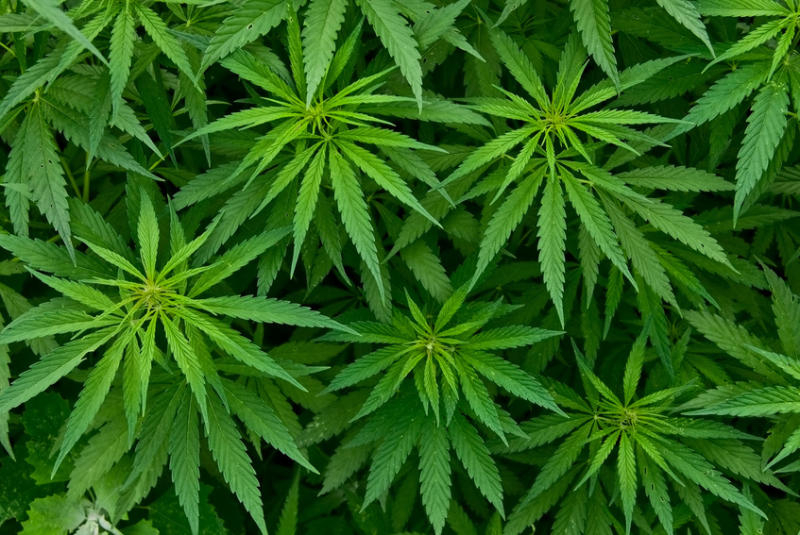The announcement by the U.S. Justice Department that the federal government won’t go after states that have legalized medical or recreational marijuana has pot advocates elated. Some of them think it could spur their states to legalize in the next few years.
“This is one of the most significant milestones in the movement toward ending marijuana prohibition in this country,” Mason Tvert, spokesman for the Marijuana Policy Project, told the Detroit Free Press. “The federal government for the first time ever has sent a clear signal to states that they can adopt their own marijuana policies if they don them in a responsible manner.”
Effects on The Nation
Across the country, pro-pot groups are likely to see a major boost in their efforts now that the federal government has officially said it will take a hands-off approach to legalized marijuana. Marijuana opponents might feel the opposite, though.
In an Aug. 29 memo to federal prosecutors, the Justice Department explained it won’t try to stop states from instituting legal or medical pot and won’t prosecute providers. In return, states are expected to enforce regulations that prevent interstate trafficking, criminal activity, violence, access to marijuana by minors, and accidents.
Twenty states have approved medicinal pot, and two of those, Washington and Colorado, have legalized all adult marijuana use. The Obama administration has long been silent on how it would respond to these challenges to federal law, which still bans cannabis.
As soon as the new guidelines were announced, pot activists across the country cheered. In Los Angeles, advocates were optimistic the new policy could help push a legalization option onto the ballot in 2016.
The guidelines stress that federal prosecutors will no longer go after dispensaries solely because of their size or volume. That’s a substantial change for California’s market, where many dispensary owners have been prosecuted simply because their dispensaries were successful.
Getting Support For Legalization
Ethan Nadelmann, executive director of the Drug Policy Alliance, said the decision was more than he expected.
“With today’s announcement, it reinforces what I was saying in a huge way,” Nadelmann told the Los Angeles Times. “I was expecting a yellow light, but this light looks a lot more greenish than I had expected. The White House is essentially saying proceed with caution.”
In Oregon, where proponents hope to rekindle a legalization effort that failed in 2012, the new federal approach could also make a big difference in gathering support for 2014.
“This will only help Oregon and other states move forward with ending cannabis prohibition,” Anthony Johnson, director of New Approach Oregon, a group working on the ballot effort, told The Oregonian. “It shows that ending prohibition has become inevitable.”
There are also legalization initiatives underway for 2014 and 2016 in Alaska, Maine and Nevada, and Tvert said he expects to see more in Arizona, Massachusetts and Montana.
And the announcement by the Justice Department may have an effect beyond U.S. borders. Nadelmann told the L.A. Times Jamaica was moving toward legalizing pot but worried about opposition from the Americans. Nadelmann told them they now had much less to fear.
 California Marijuana Market Breaking "Marijuana News" from CA
California Marijuana Market Breaking "Marijuana News" from CA


